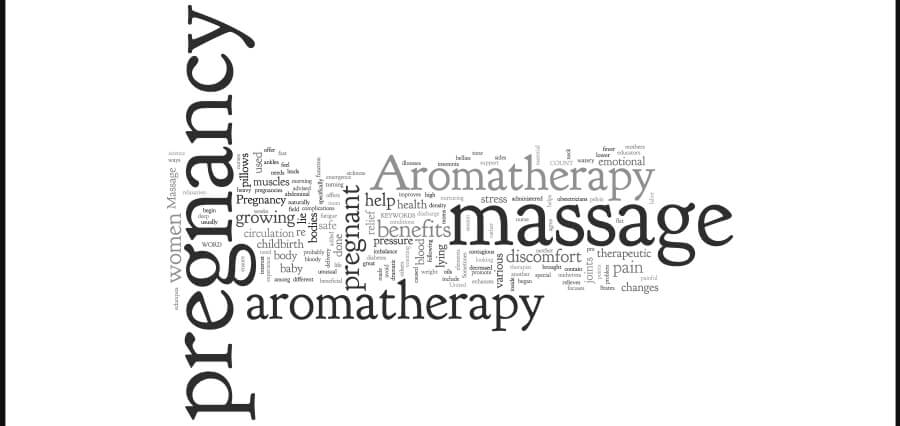A recent special series of five papers published in the journal PLOS Global Public Health explores strategies to end the mistreatment of women during childbirth and improve respectful care.
The mistreatment of women in maternal health care is a human rights violation that has been documented by organizations like the World Health Organization (WHO) and the UNDP/UNFPA/UNICEF/WHO/World Bank Special Programme of Research, Development, and Research Training in Human Reproduction (HRP).
The series addresses different themes, including interventions to reduce physical and verbal abuse, strategies to reduce stigma and discrimination, communication strategies to improve interpersonal communication, factors related to organizations and working environments, and the drivers of power-related mistreatment.
The first paper highlights the normalization of violence in society and the belief that the mistreatment of women is necessary to reduce clinical harm. It emphasizes the need for solutions that focus on longer-term changes in attitudes and beliefs to bring about sustainable changes in behavior.
The second paper focuses on strategies to reduce stigma and discrimination, emphasizing the importance of including and measuring stigma and discrimination in policies related to healthcare and improving equity.
The third paper explores communication strategies to improve interpersonal communication and reduce mistreatment. It identifies approaches such as training health workers and using communication tools to enhance the experience of care for women, their partners, and their families.
The fourth paper addresses how organizational and working environment factors can affect mistreatment in low- and middle-income countries. It identifies strategies such as planning for pressures and health worker shortages, providing supportive supervision, and reshaping leadership.
The fifth paper, a “Critical Interpretive Synthesis,” consolidates literature from different fields to understand the drivers of power-related mistreatment. It identifies multiple underlying power-related drivers at different levels of society, emphasizing the need for engagement from different stakeholders.
The authors highlight the complexity of addressing mistreatment and call for deep systemic changes specific to each context. They stress the importance of implementation research to demonstrate and replicate the usefulness of specific strategies to end the mistreatment of women in maternity care and beyond. The findings will inform a new WHO knowledge translation companion for respectful maternal and newborn care, scheduled for publication in 2024.
Read More: https://thecareworld.com/





